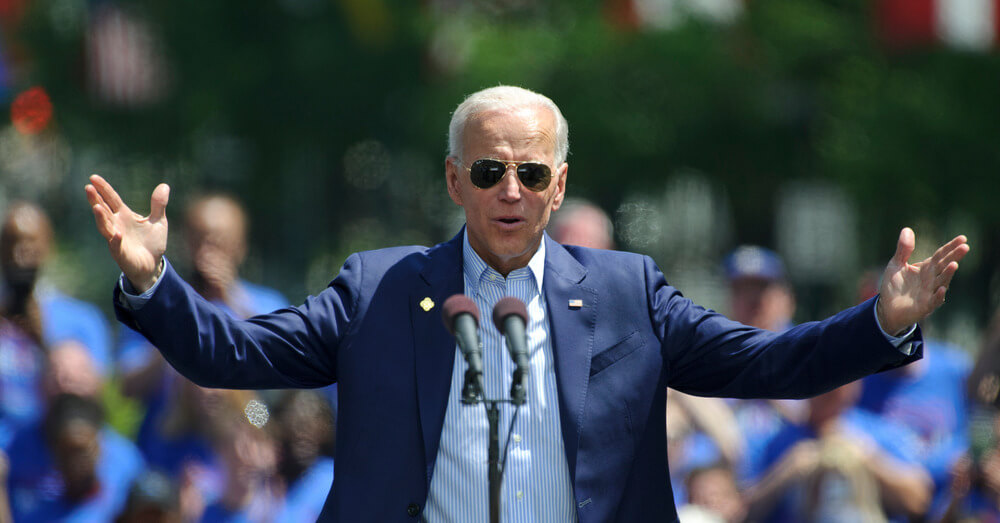Regulation
Joe Biden vetoed bill to overturn SEC crypto accounting standards

- Biden vetoes bill targeting SEC crypto rules, citing concerns over regulatory authority.
- The crypto industry is criticizing Biden’s decision and calling it a setback for innovation and financial freedom.
- The veto raises questions about Biden’s stance on crypto regulation and his engagement with the industry.
US President Joe Biden has taken a decisive stance in the ongoing debate over cryptocurrency regulation by vetoing the deal. Invoice which sought to overturn a Securities and Exchange Commission (SEC) regulation regarding crypto accounting standards.
The regulation in question, known as SAB 121, sets specific guidelines for companies holding cryptocurrency assets, requiring them to record these assets as liabilities on their balance sheets.
Joe Biden confirms SEC authority over accounting practices
In a official statement As of May 31, President Biden emphasized the importance of maintaining the SEC’s authority over accounting practices, stating that a reversal of the SEC’s decision could potentially undermine broader regulatory efforts to protect accounting practices. consumers and investors.
Biden’s veto underscores his administration’s commitment to implementing regulatory safeguards ensuring the safety and stability of financial markets, while recognizing the potential benefits of crypto-asset innovation.
Like before reportedThe bill, which sought to repeal the SEC’s cryptocurrency accounting guidelines, had garnered bipartisan support in the House and Senate.
However, although the House passed the measure 228-182 and the Senate voted 60-38 in favor of repeal, the veto requires a two-thirds majority of both chambers to override.
Reaction to Biden’s decision to veto the bill
The decision to veto the bill sparked immediate backlash from various quarters, particularly within the cryptocurrency industry.
Critics say the veto represents a setback for innovation and financial freedom, with some describing it as a “slap in the face” to those advocating a more flexible regulatory approach.
The Blockchain Association, a leading cryptocurrency advocacy group, expressed his disappointment with the administration’s decision, highlighting the bipartisan consensus reached in both houses of Congress.
Likewise, Cody Carbone, policy director at the Digital Chamber, denigrated the vetohighlighting its potential chilling effect on innovation in the crypto space.
The veto also raised concerns within the crypto community regarding the administration’s stance on cryptocurrency regulation.
Despite speculation that the Biden campaign collaborated with crypto industry players to take a more pro-crypto stance, the veto suggests a different approach.
In response to the veto, Moe Vela, senior advisor to Unicoin and former senior advisor to Biden, called for a more nuanced discussion on integrating crypto into the financial system, urging both candidates to express their perspectives and plans for the future of crypto regulation.
Sheila Warren, CEO of the Crypto Council, expressed discontent with the veto, suggesting that it may be difficult to reverse publicly stated positions on crypto regulation once formulated.
As the debate over cryptocurrency regulation continues in the United States, all eyes now turn to both chambers to see if they can muster a two-thirds majority to overturn the president’s veto.
